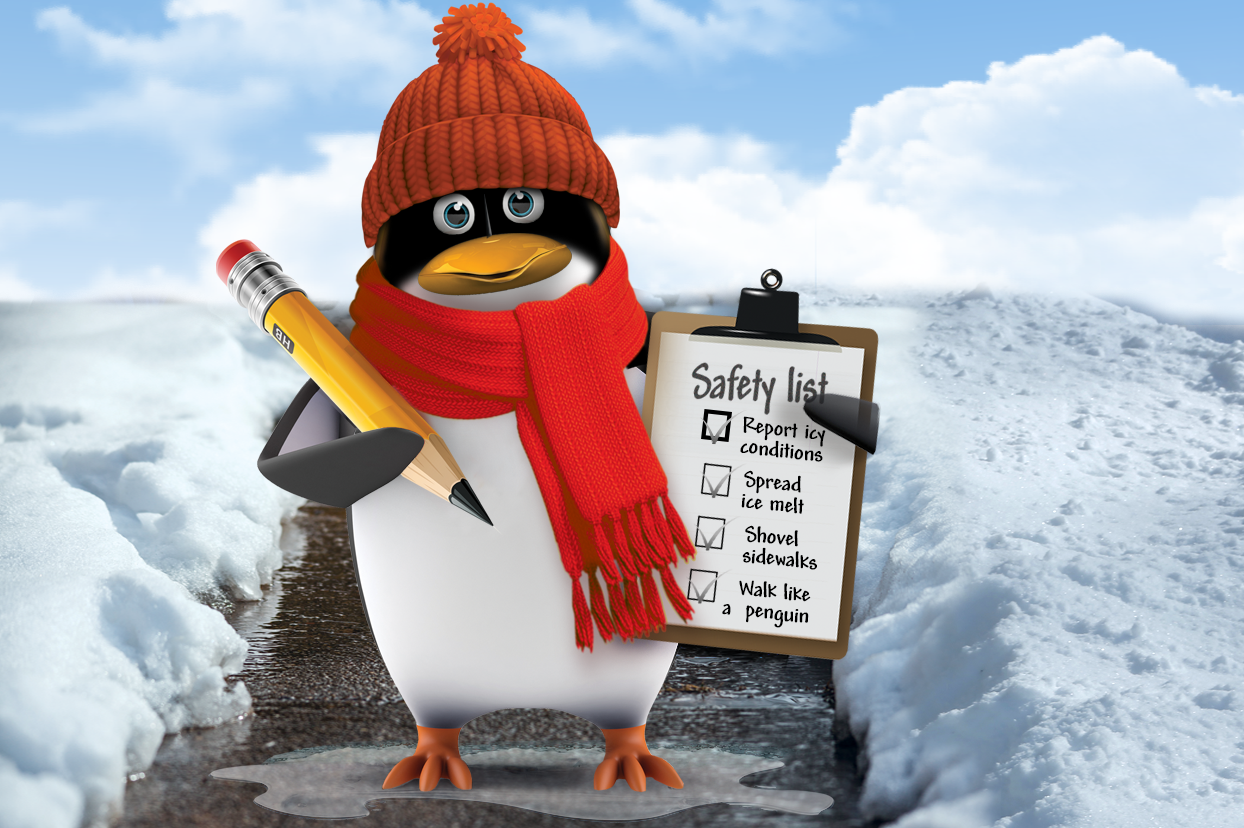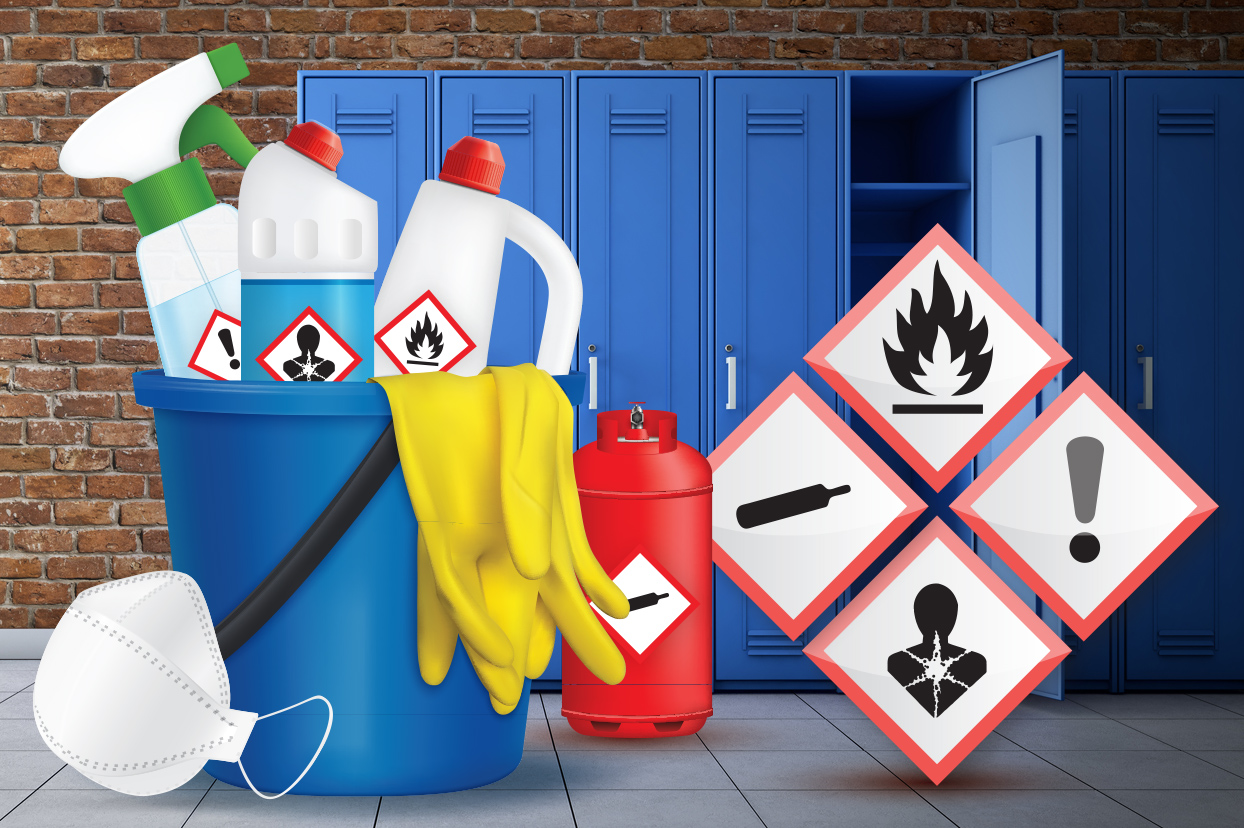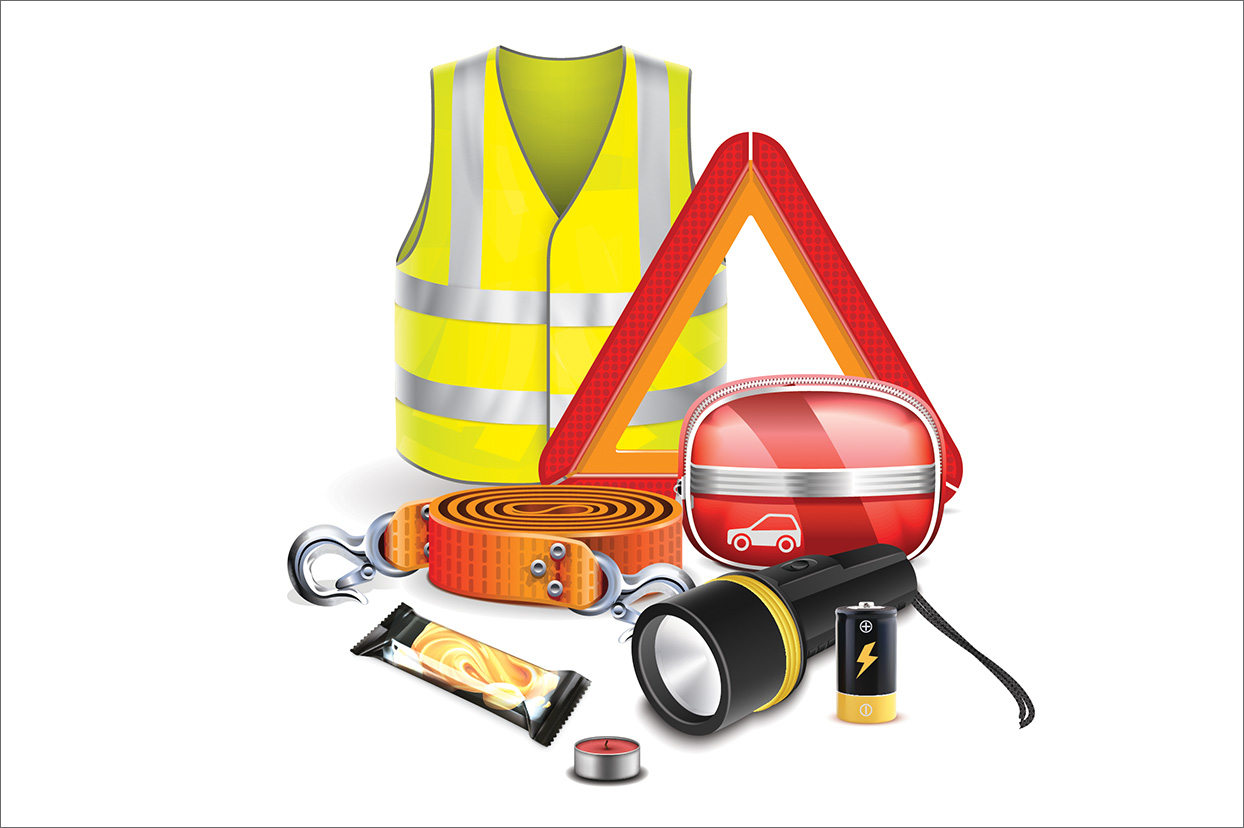April 3, 2019
Slip-resistant shoes prevent falls in kitchen environmentsLessen the risk of a slip-and-fall injury by encouraging or requiring your employees to wear slip-resistant shoes, and providing a stipend to make compliance more likely.


April 3, 2019
Slip-resistant shoes prevent falls in kitchen environmentsLessen the risk of a slip-and-fall injury by encouraging or requiring your employees to wear slip-resistant shoes, and providing a stipend to make compliance more likely.

March 27, 2019
How opioid painkiller use can impact a workers' compensation claimTaking opioid painkillers long term, or in high doses can have a major impact on an injured worker’s recovery and return to work.

March 13, 2019
Ways to help employees struggling with mental healthYou may have employees who are struggling with their mental health. Offering assistance and education about mental health can help them get back to a healthy place.

March 7, 2019
Prevent late-winter slips and falls at the workplaceThawing and freezing in late winter can cause dangerous slips and falls. Keep an eye on weather conditions and use caution to prevent injuries.

February 27, 2019
How to prevent eye injuries in the workplaceAn estimated 2,000 eye injuries happen every day in the workplace. You can reduce the risk by knowing the hazards and wearing proper protective eyewear.

January 28, 2019
Fatigue and sleep deprivation in the workplace common, studies findFatigue and sleep deprivation in the workplace come with severe costs to health, safety and the economy.

January 23, 2019
Managing hazardous chemical risks in the workplaceKeeping workers safe from dangerous materials is vital, yet compliance standards for proper management of hazardous chemicals can present challenges.

January 11, 2019
The health care workers at greatest risk for on-the-job injuriesIt’s more dangerous to work in a hospital than to construct one. That’s based on the Bureau of Labor Statistics data on non-fatal injuries by occupation.

January 9, 2019
What safety pros keep in their winter emergency kitsWe asked SFM’s loss prevention representatives what we’d find in the safety kits they keep in their cars in case of roadside emergencies. Here's what they said.

December 19, 2018
Prevent litigation, stay in contact with injured employeesMany litigated workers’ compensation cases could have been avoided if the employer had taken the time to show concern for the employee’s welfare during the early stages of the claim.